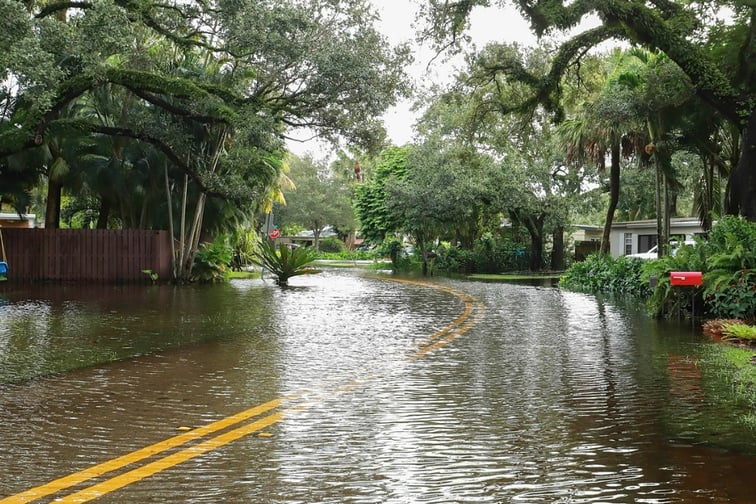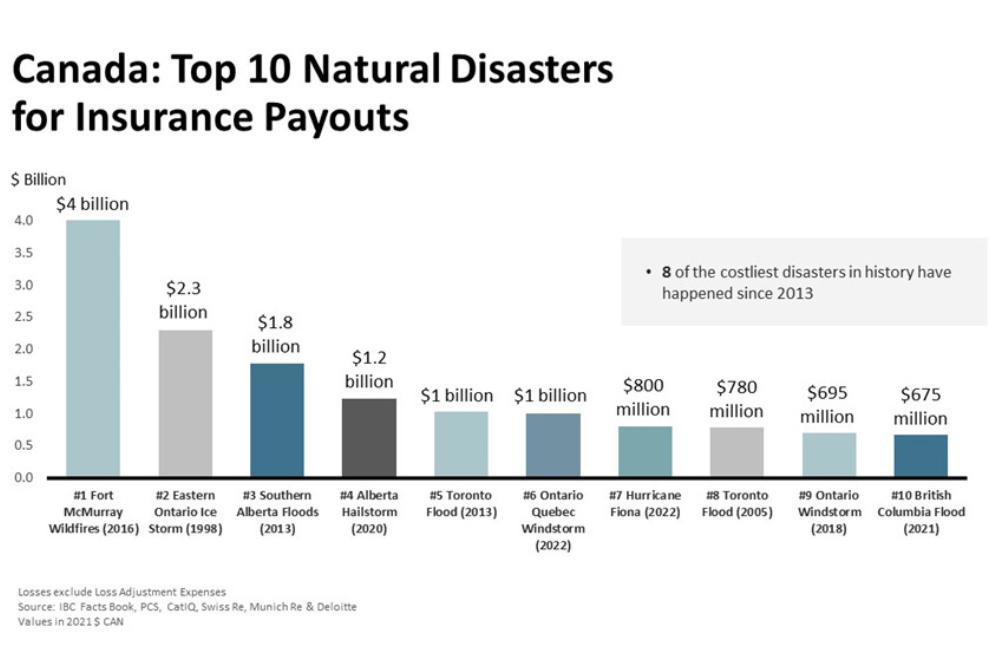

Hurricane Fiona is among the costliest extreme weather events in Canadian history, with insured damages now estimated at over $800 million.
According to a release from the Insurance Bureau of Canada (IBC), the cost of insured damages increased from the previous estimate of $600 million on the back of personal property claims. However, the true cost of damages from Fiona could reach “well into the billions of dollars” since many affected residents are located in high-risk flood areas where flood insurance coverage is generally unavailable.
As a result, IBC’s Atlantic vice president Amanda Dean said the government will likely have to bear “a good deal” of the costs.
“As we continue to see the increasing impacts of climate change, it's clear much more must be done to enhance our resilience to these risks and build a culture of preparedness,” she added. “This includes investments in new infrastructure to reduce the impact of floods and fires on communities, as well as retrofit programs that focus on resilience, improved building codes, better land-use planning and, increasingly, the creation of incentives to shift the development of homes and businesses away from areas of highest risk.”
The revised $800 million estimate makes Fiona the costliest weather event recorded in Atlantic Canada and the seventh largest in all of Canada in terms of insured damages.

Claims resulting from severe weather have more than quadrupled over the past 15 years, according to IBC, with Canada’s yearly insured catastrophic losses now reaching $2 billion. By comparison, between 1983 and 2008, Canadian insurers paid out roughly $422 million a year in severe weather losses.
Fiona made landfall in Nova Scotia on September 24, bringing maximum wind gusts that exceeded 100 km/h in Atlantic Canada and Eastern Quebec. According to the Canadian Post, it knocked out power to over 500,000 customers in the Maritime provinces and washed at least 20 homes into the ocean.
